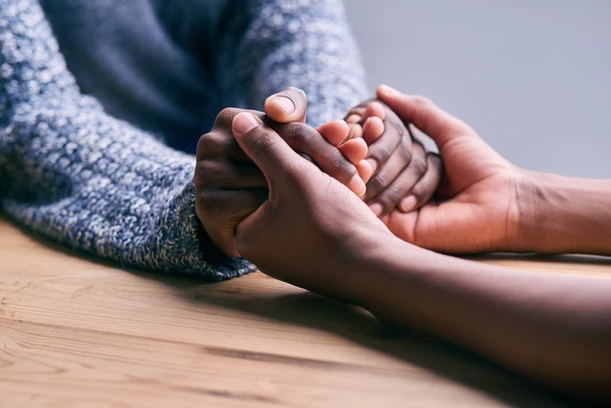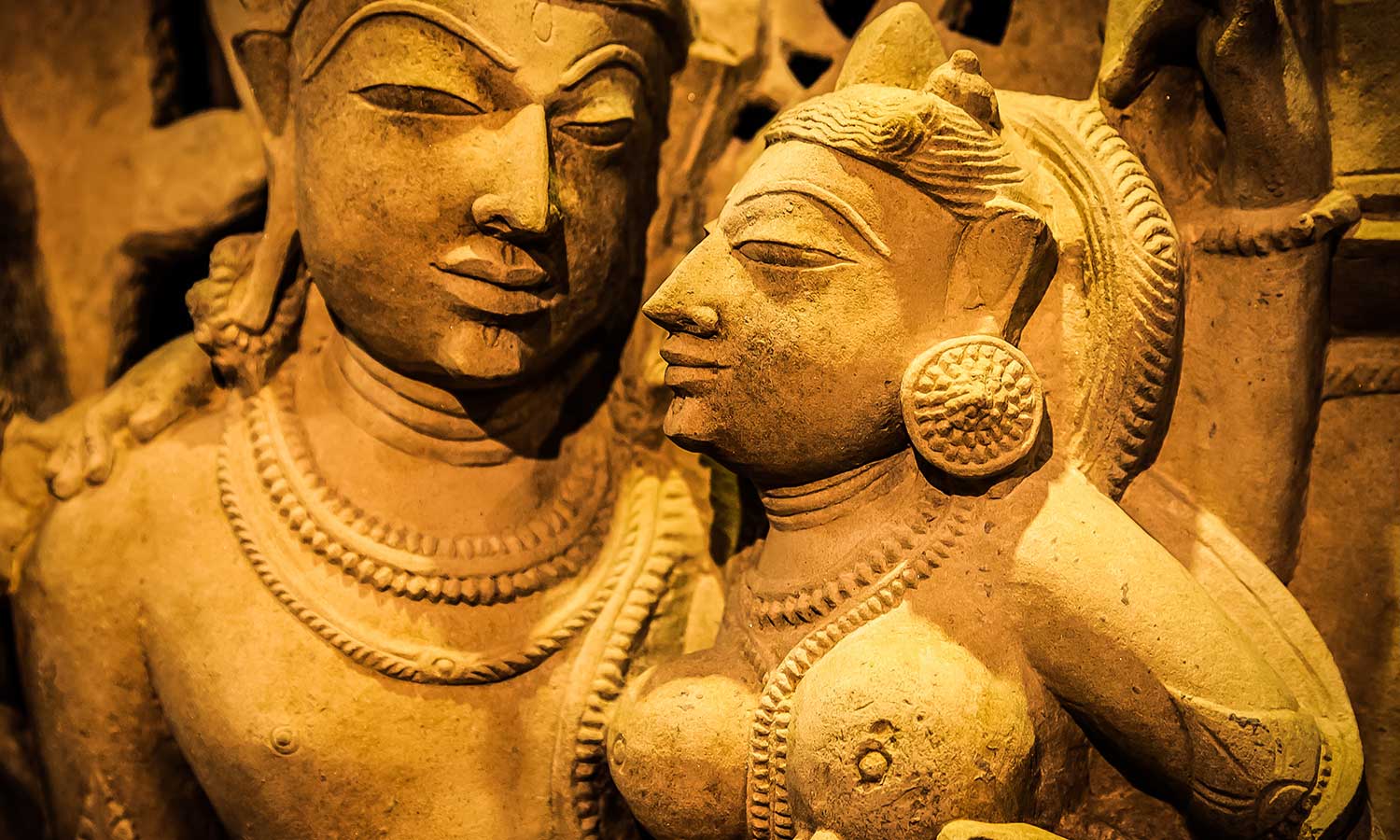Grief is unfortunately often the elephant in the room. It’s a topic many people shy away from for one simple reason, “what do I say?”
We live in our own worlds and become frightened when someone is hurting so deeply. It’s ok. They are allowed to hurt. Pause and take a conscious look at your own reactions to this person’s pain.
Many people fear saying the wrong thing and causing more pain. It’s this reason that many people grieving feel even more alone. Their loved ones fear upsetting them even further. The truth is the person grieving is already in excruciating pain. Shying away from support because we don’t know what to say can lead the grieving person to feel more isolated. So, I am going to share with you a list of what not to say, followed by compassionate ways to be present and supportive to people suffering with grief.
What not to say
- God has a plan
Many grieving people understand the good intentions that come with this statement, but it’s probably the last thing someone who is suffering wants to hear. Experiencing the death of a loved one is hard. Plain and simple, it’s probably the most painful thing many people will feel in their lives. While the intentions may be heartfelt, steer clear of offering the person meaning. Let them find it on their own, in their own time.
- Try to stay positive (or strong)
When someone you love dies, the last thing in your mind is probably something positive. Try to steer away from tightening the other person’s emotions. He/she has a right to feel angry/sad/hate/hopeless/fury/even relief. Whatever their feeling, it doesn’t have to be positive. Each emotion is beautiful and has a place. Feeling is strength. Crying is strength. Having times when you shut down is strength. Allow the person to honor their feelings in their own way, without feeling like they should think or feel different.
- Time heals all wounds (or even more damaging-its been a year, you’re still grieving??!!)
Grief does not have an expiration date. Many people will tell you they still grieve the death of a loved one 30 years later. The grief may change, but it sticks. Time may decrease the intensity of the pain, but the pain will stick. That’s love. We hurt so intensely because we love so fiercely. It’s the price we pay.
- I’ve been there. I understand.
Ok, this is a tricky one. While each of us have experienced sadness and maybe even grief, our experiences are all unique. You may have even experienced the same type of grief a loved one is going through, but each person feels differently. Each person experiences death of a loved one through their own eyes and heart. While you may know what it felt like when your loved one died, you do not know what this person is going through. No one does.
So what can you say to safely and compassionately support a person grieving?
- Get out of your head. Don’t worry about what you’re going to say, just listen. Sit in stillness and silence and just be there. You don’t have to focus on what you’re going to say. Just be.
- Allow the focus to be on providing a safe space for the person to feel their emotions. Say things like “it’s ok to cry,” or “it’s ok to feel angry.” Whatever he/she is saying, you can offer validation. This is the one thing many people I’ve worked with therapeutically have thanked me for. Simply, allowing them to cry and feel, telling them it’s ok to cry. Subtly powerful.
- Just be available. If the person needs a meal or if they ask for a distraction, just be there. If they call and want to talk, even if it’s about something random, they’re reaching out. Be available.
- Finally, just let him/her talk (or not talk). Breathe into the silence. You don’t have to full each void. Healing can happen in silence. Deep feeling happens. Pain happens. Sit and allow the person to feel in the silence.
You don’t have to fix the person grieving. They are not broken. They are experiencing a natural reaction to pain. This may trigger your own reaction to deep, intense pain. It’s ok to be triggered. Challenge these triggers and do some Self awakening of your own. My blessing for you in this and every journey: May you awaken to lessons learned, connect with your true Self and integrate your light. Shine on beautiful being.








